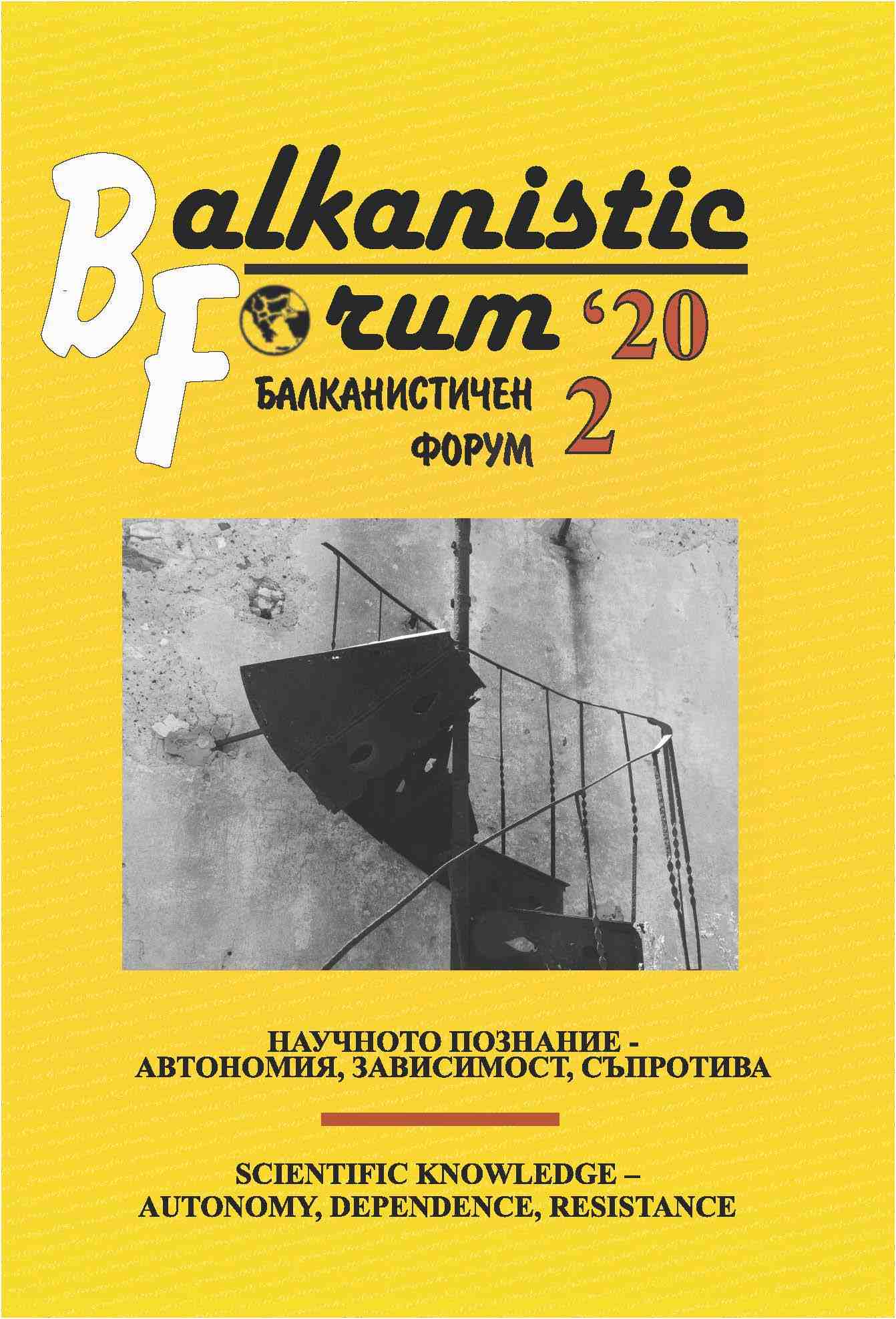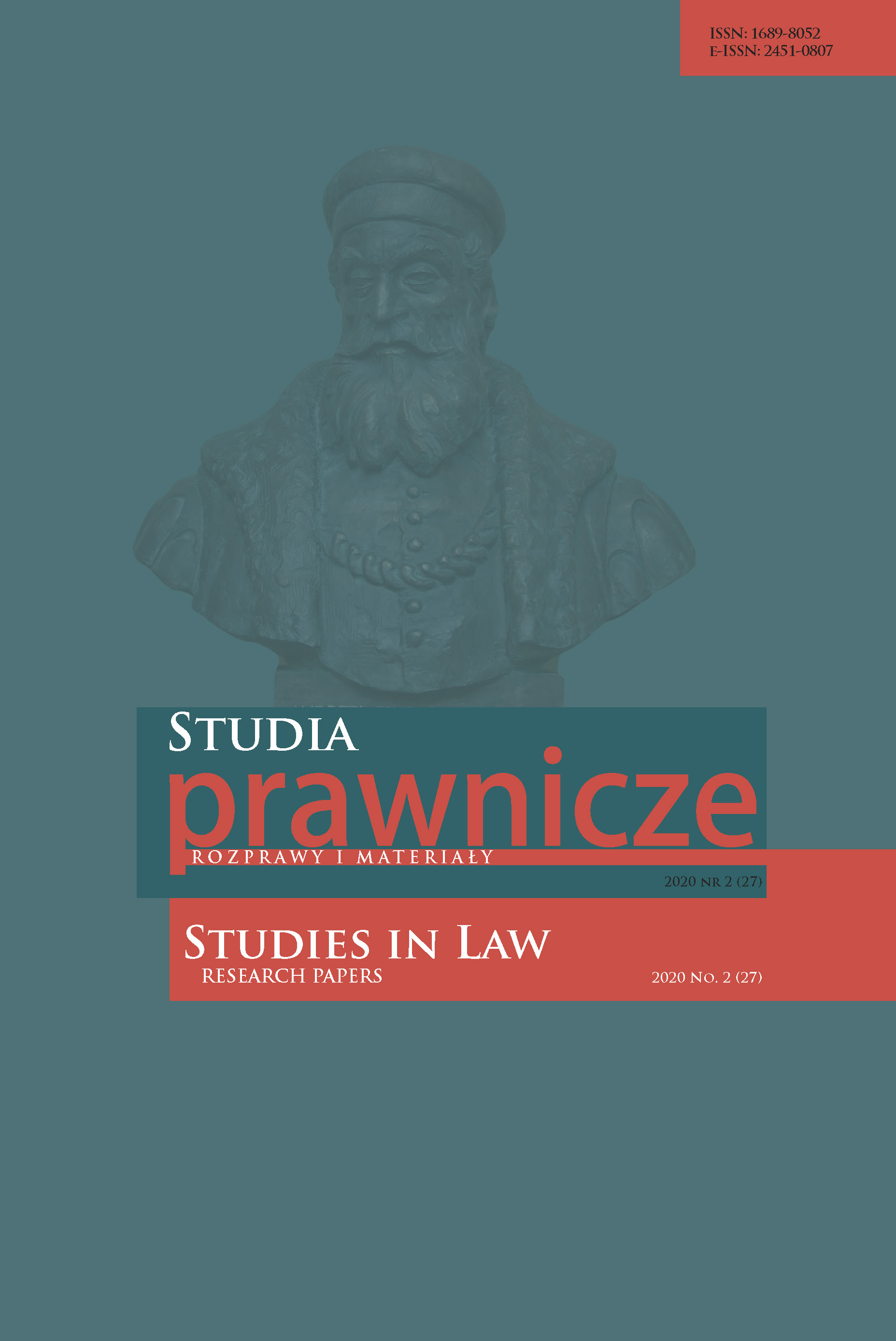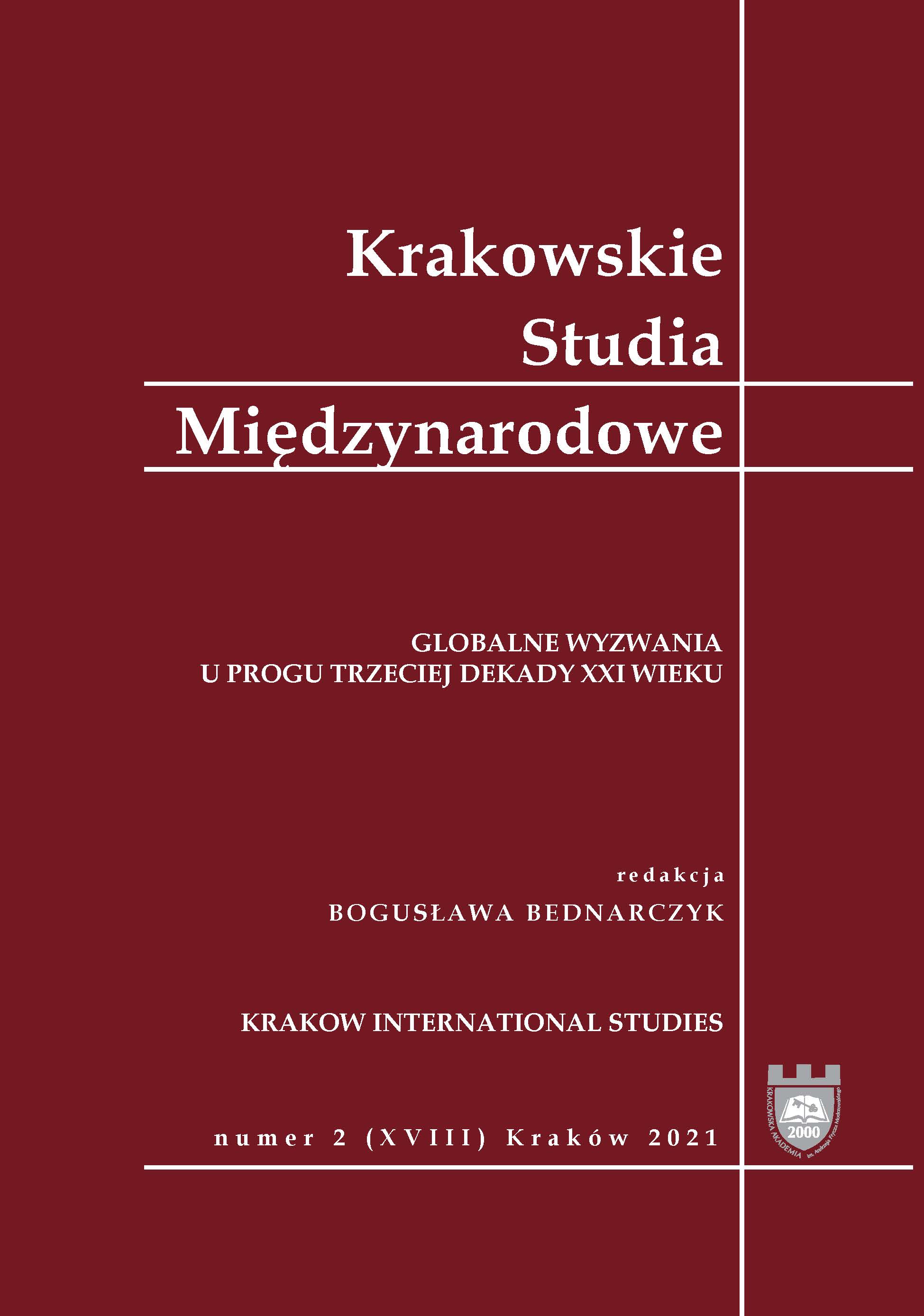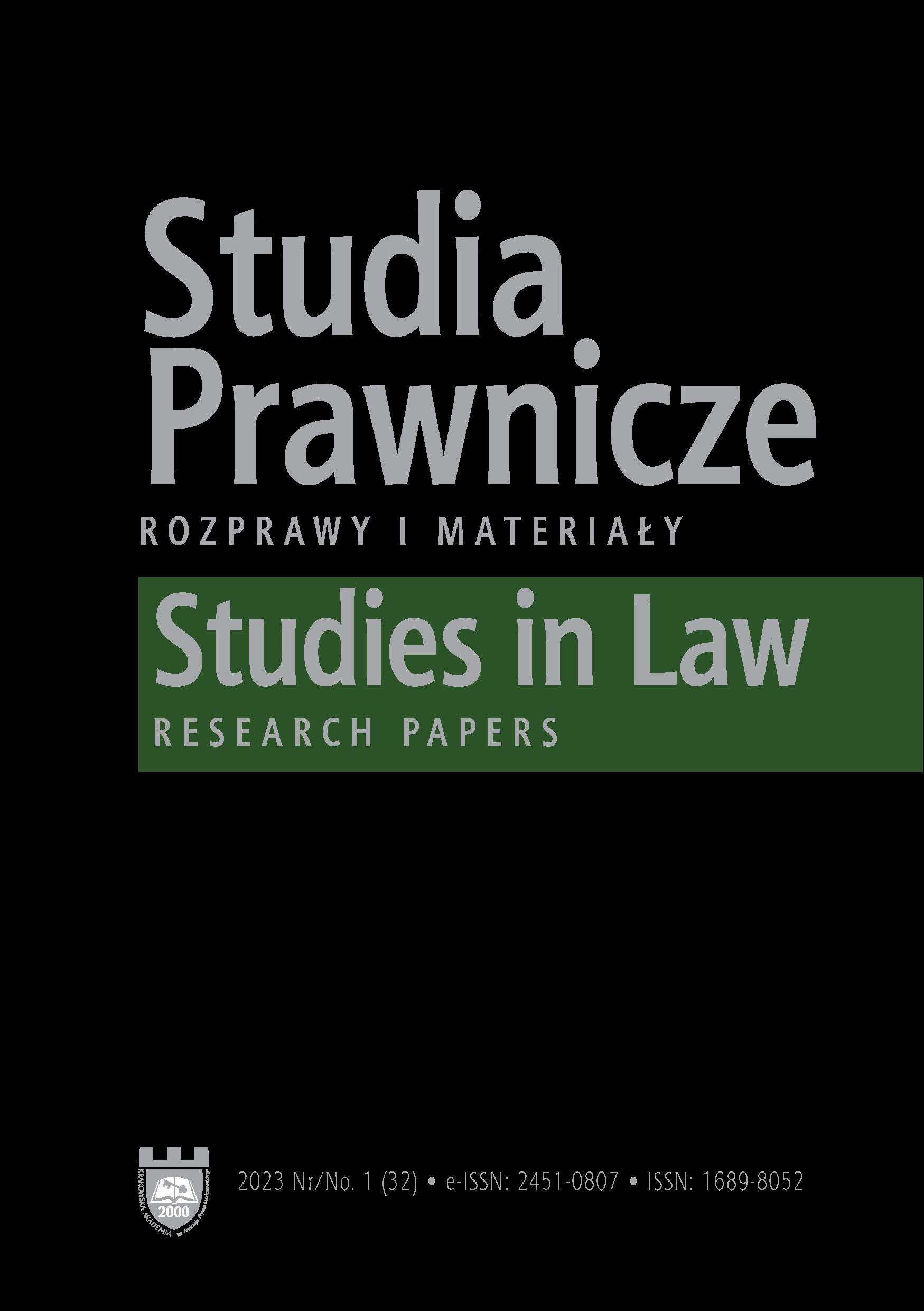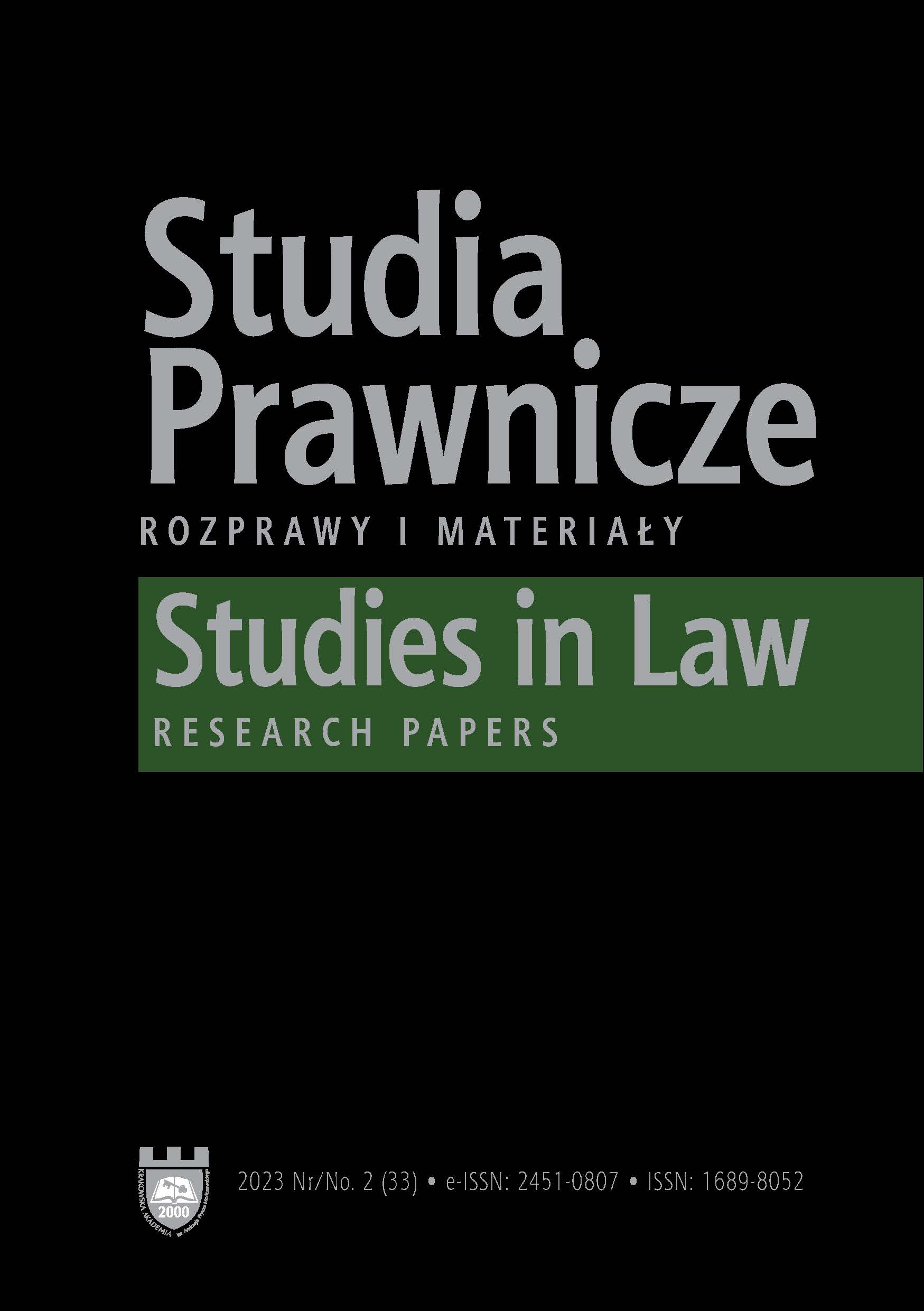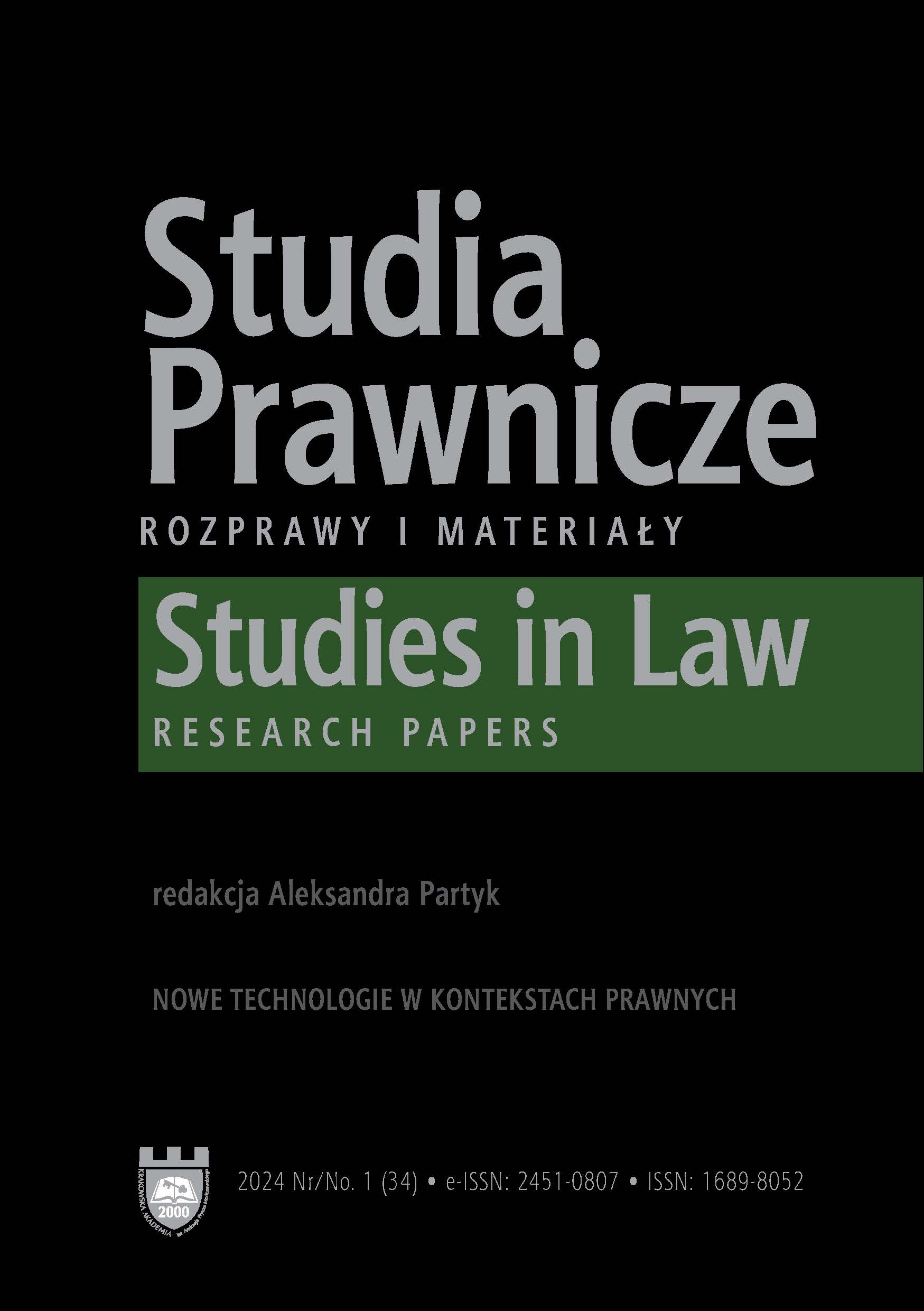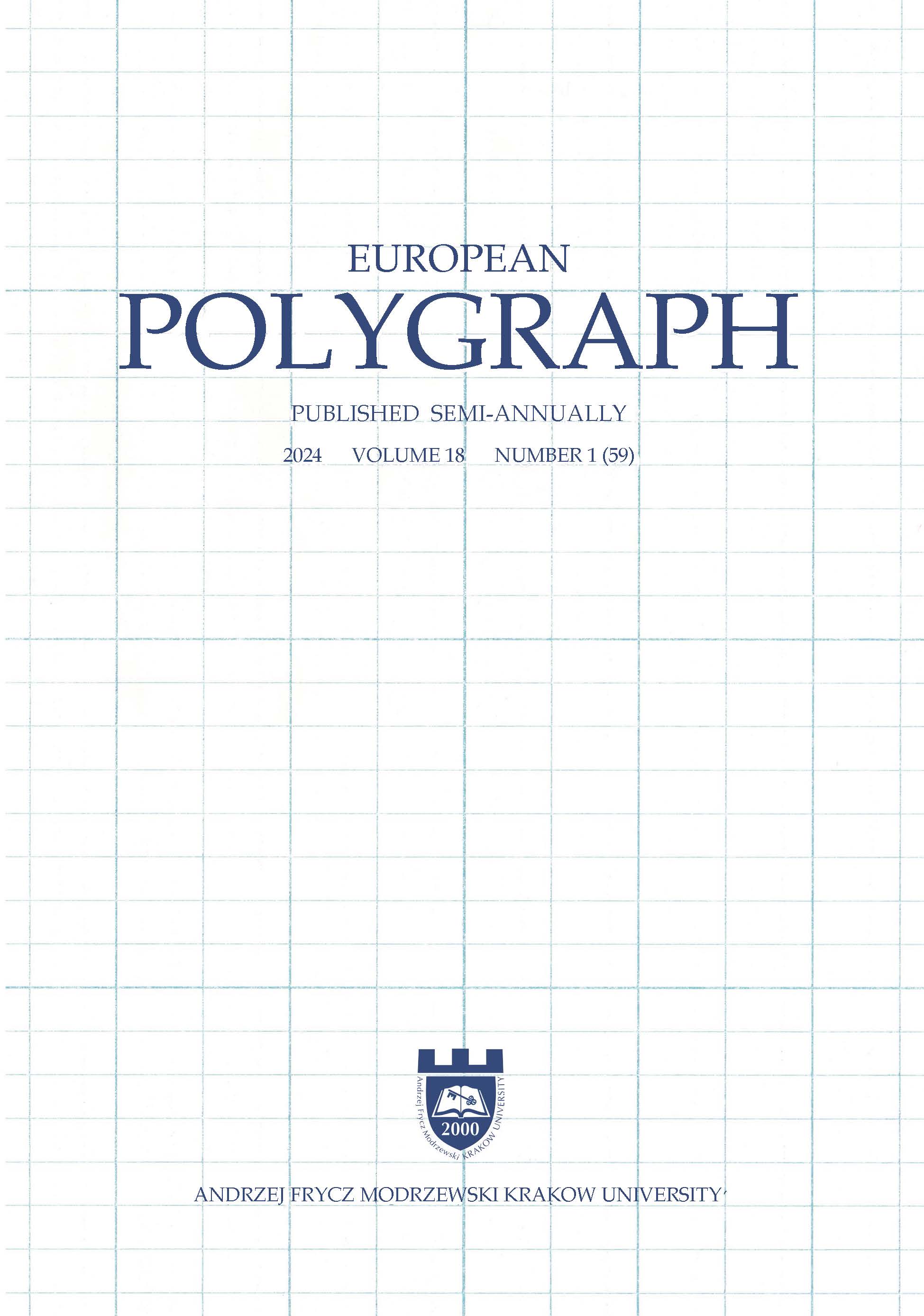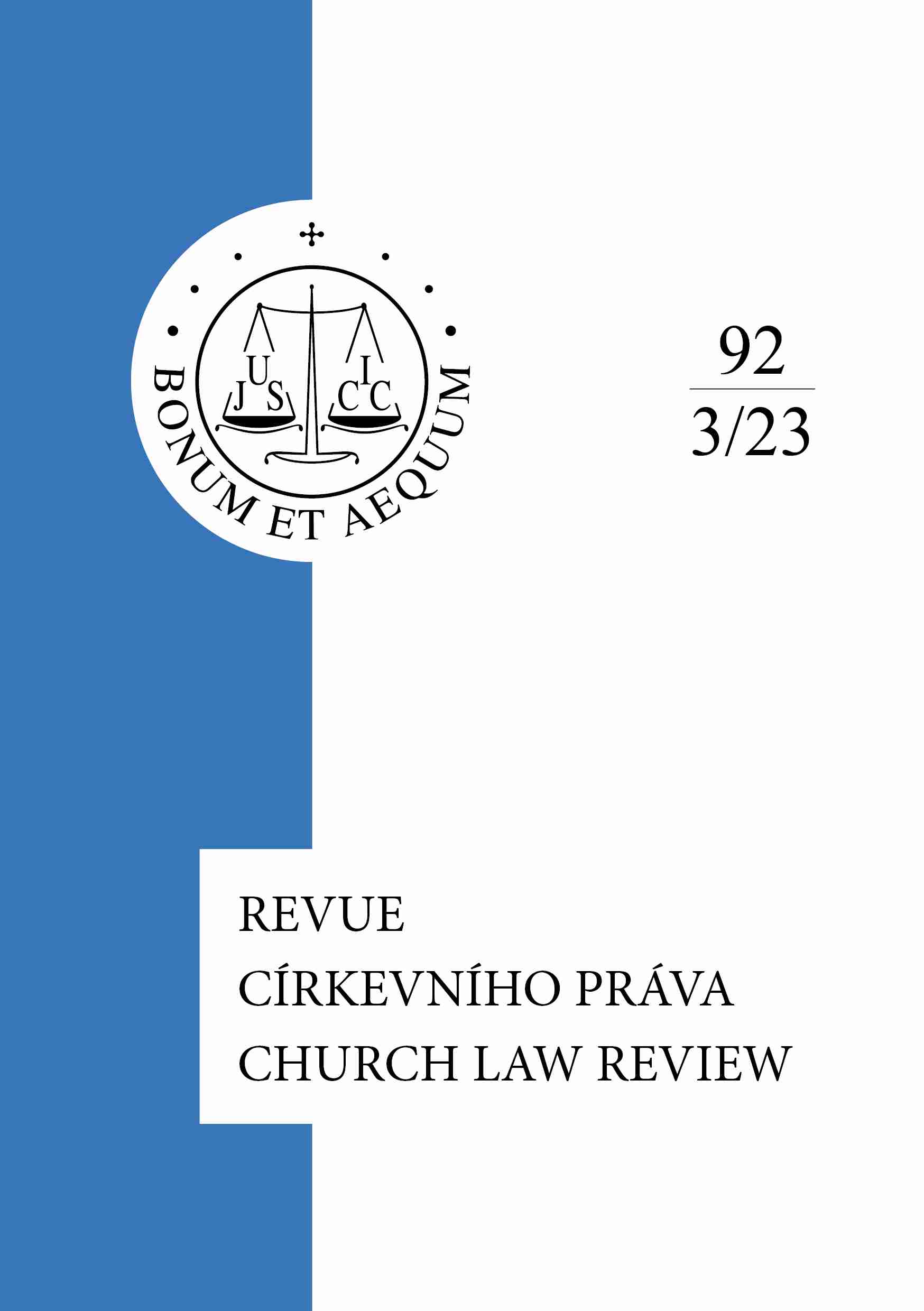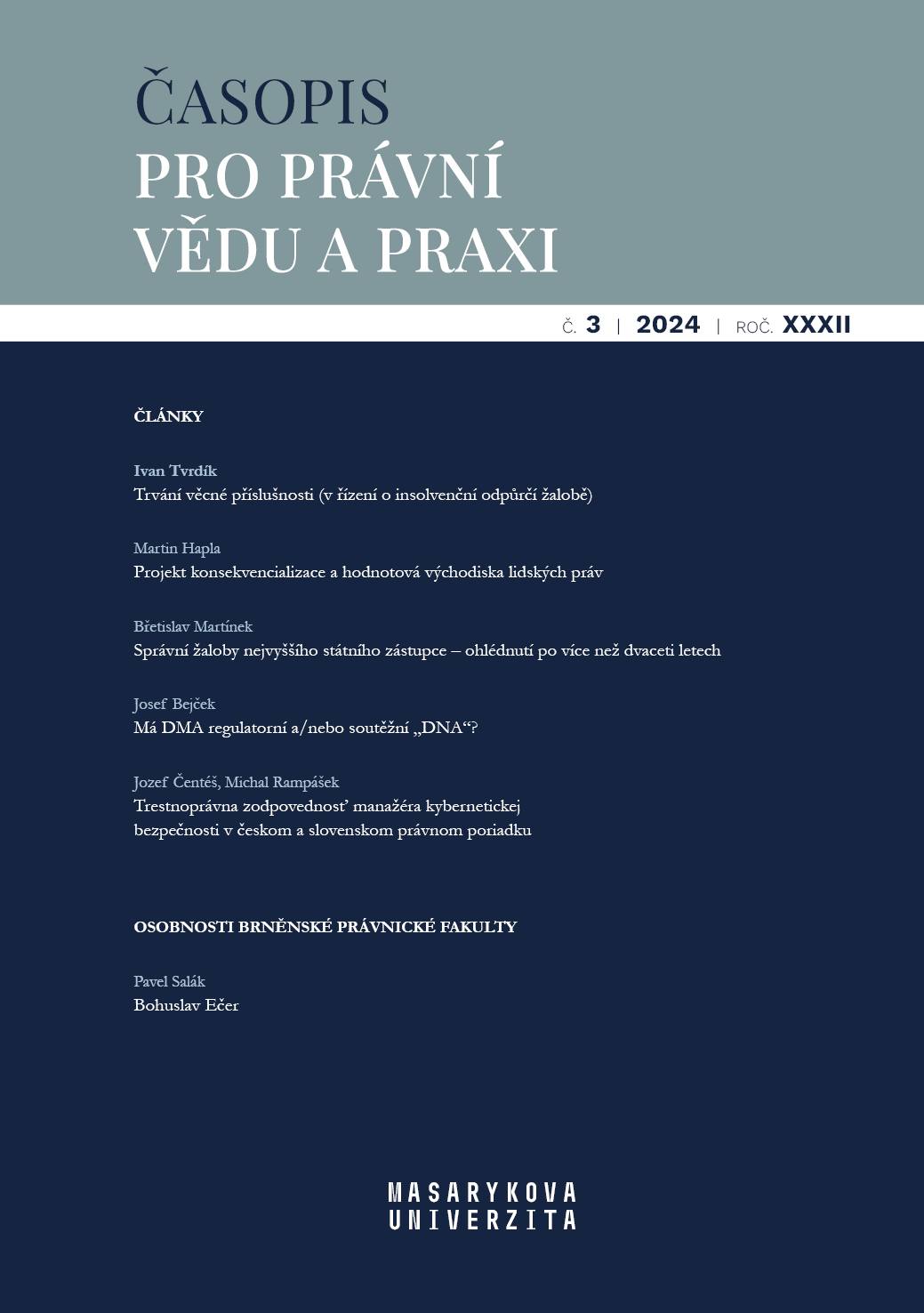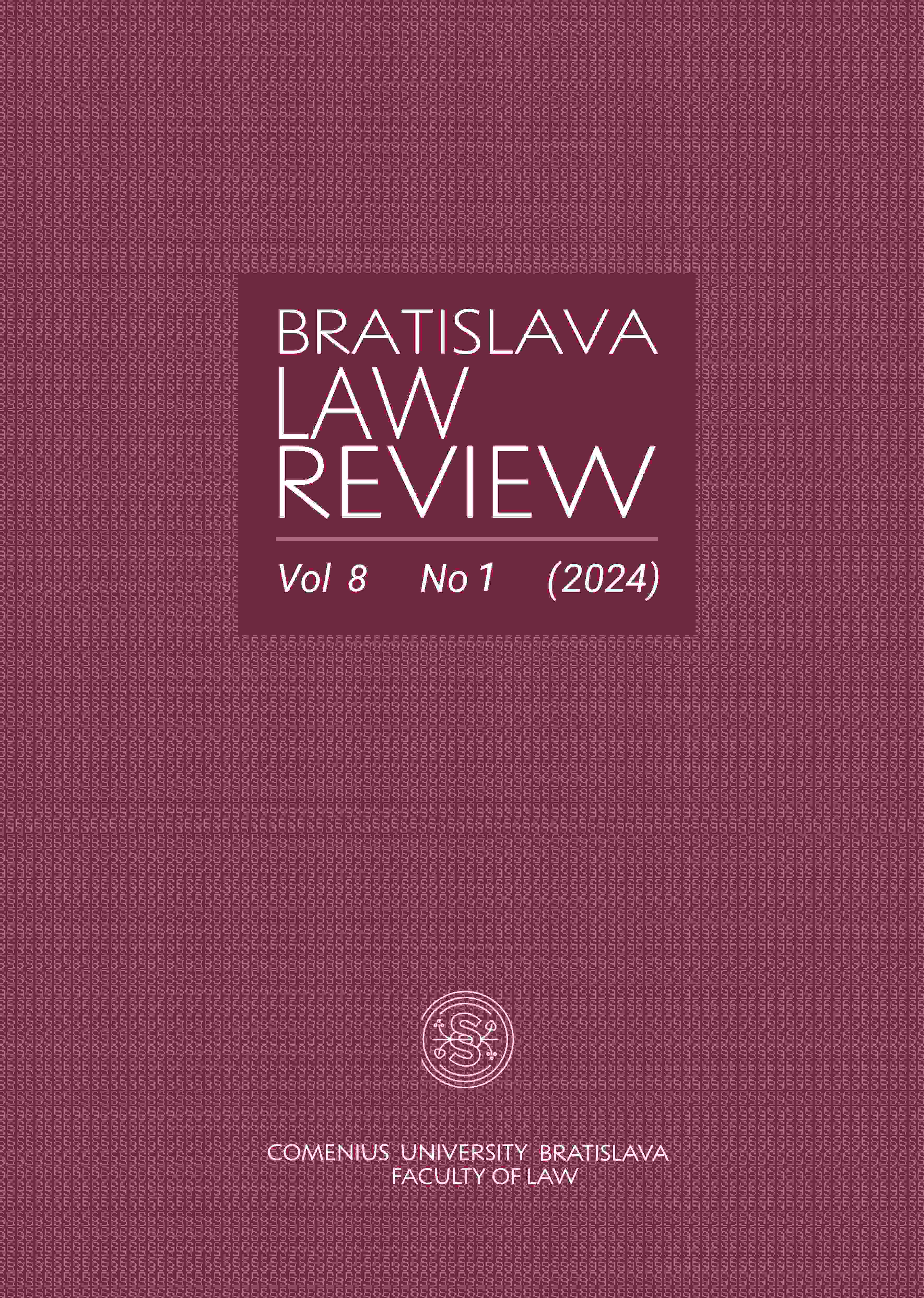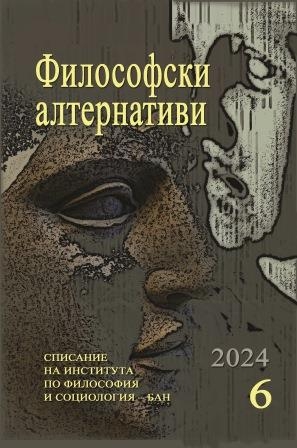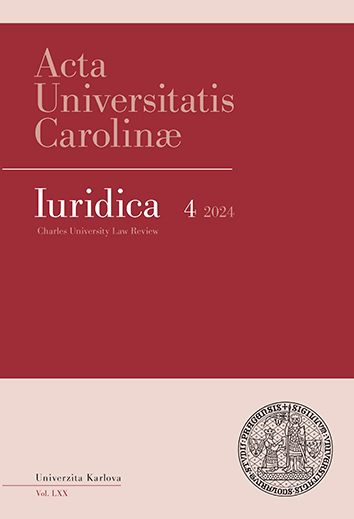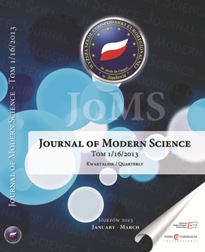
Nielegalne pozyskiwanie danych przez państwo. Korupcja czy konieczność?
The changes caused by globalization lead to a conflict of cultures, which may affect the security of individuals and society. The most obvious change of the globalization is weakness of the position of the State for the benefit of international organizations and individual rights. The State which had been the guarantor of security is increasingly becoming an enforcer of judgments or decisions of external bodies. The State also begins losing against the rising claims of citizens, especially in terms of ensuring safety. In this case the knowledge is needed, so first of all information acquired in a legal way. However, due to the threat posed by terrorists who obtain information mainly in informal way by using illegal methods of operation, the moral dilemma about boundaries of security service’s actions is born. May security justify actions of security service conducted on the border of the law or with its breaking?
More...
